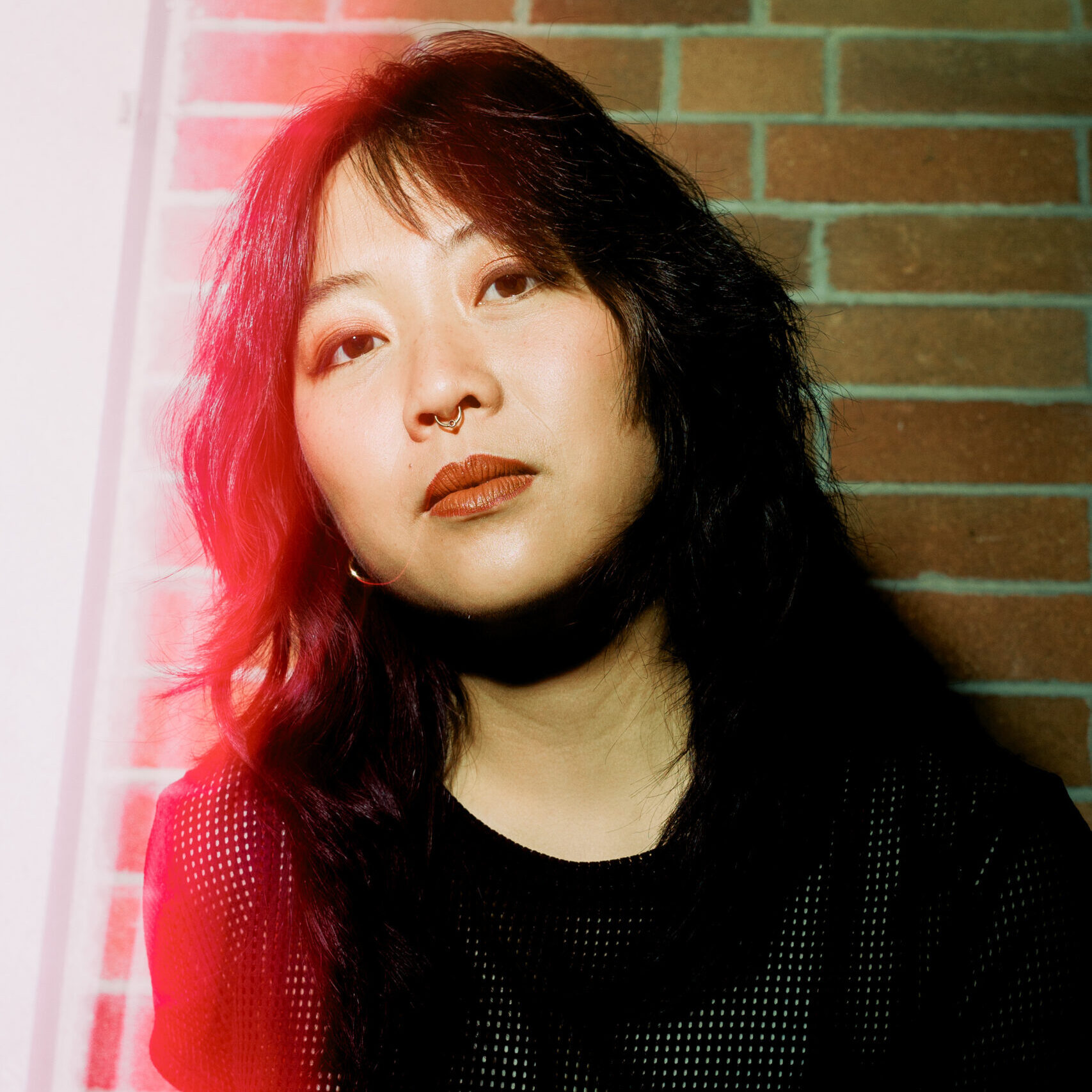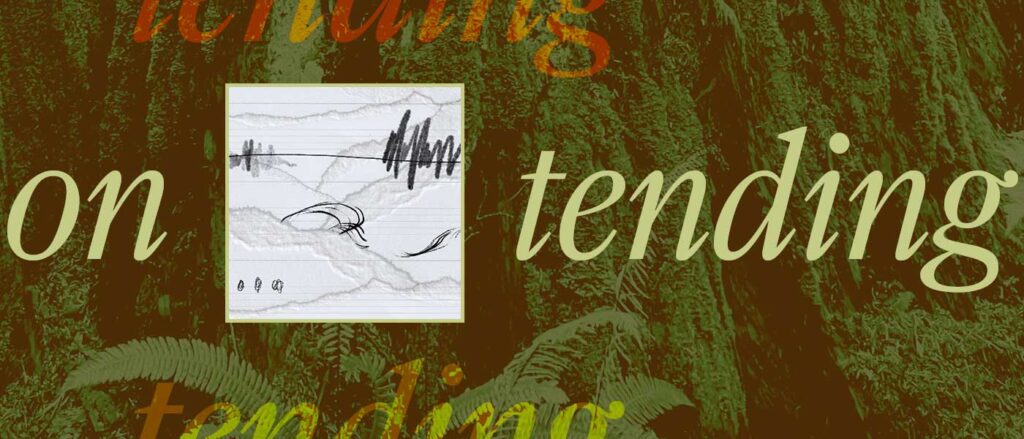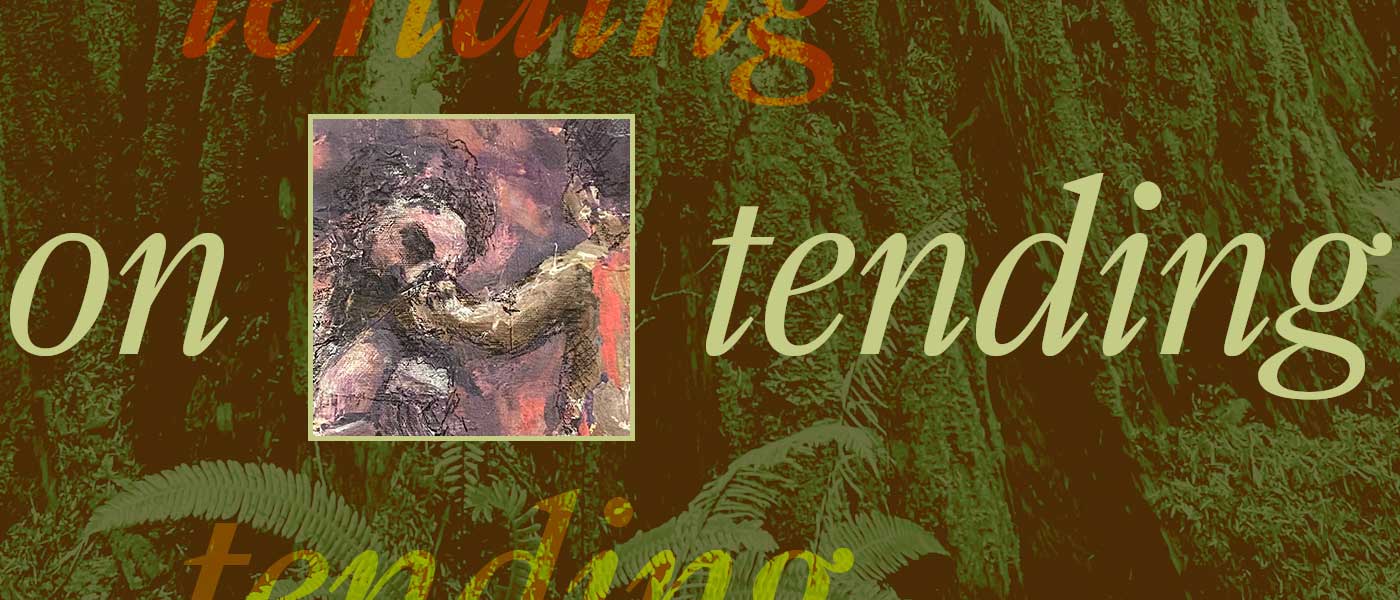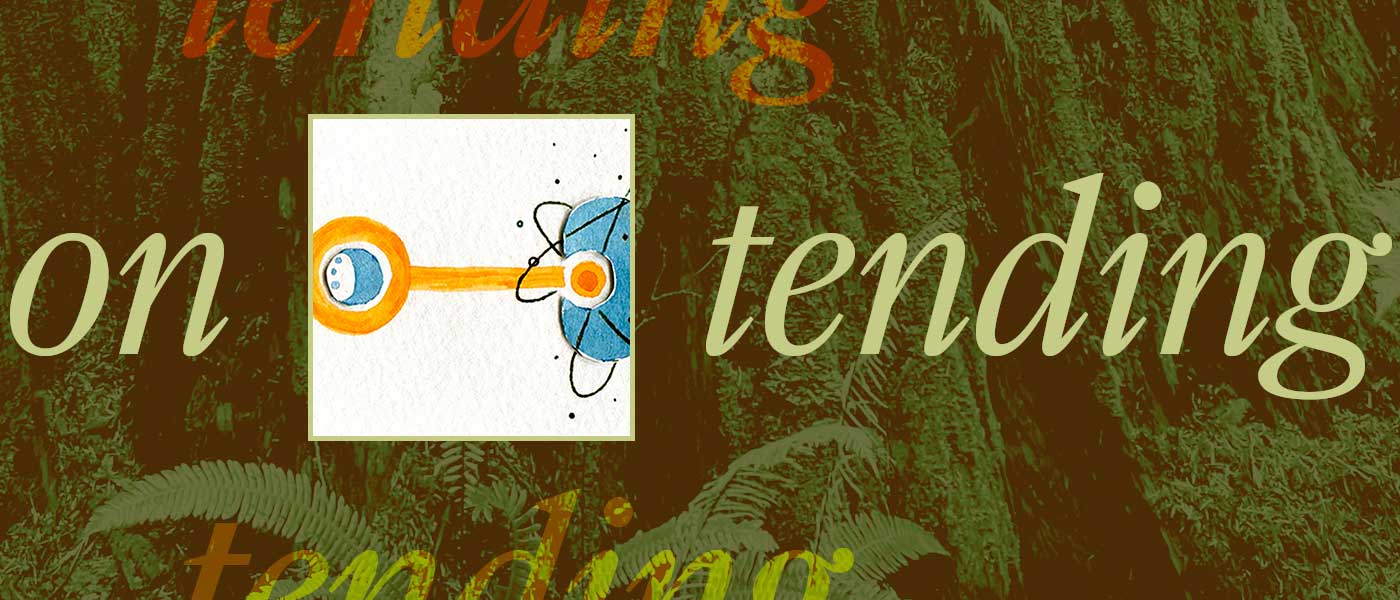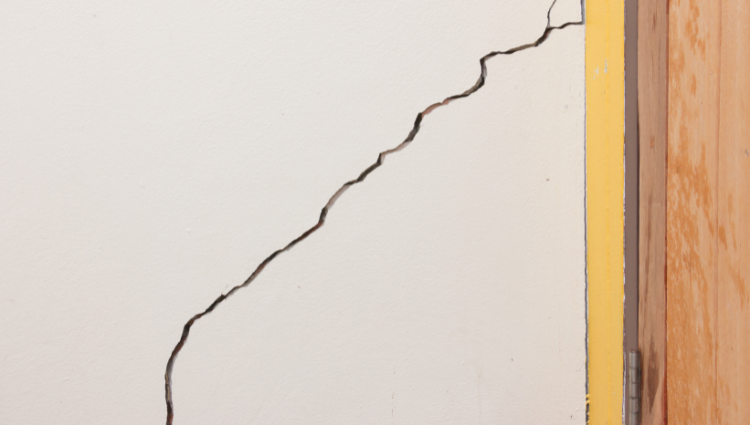Artist Statement
Saidiya Hartman writes that Abolition is a synonym for the end of the world. When it comes to the carceral systems we live in, it’s clear that so much of how-things-are-now has to be shed; and so much of how-things-could-be must be nurtured. Why do I fear the same process of change inside myself? Each of the past ten years has held: self-harm, suicidality, heartbreak, healing, fear, family, practice, persistence. Looking back, the map draws itself, and I can tell that I was growing all along.
This call, “On Tending”, speaks directly to all those punitive, fearful, protected parts of me that have worked so hard to keep me safe—through dissociation, anger turned inward, depression, people-pleasing. Perhaps, in order for them to let go of their strategies, they just need to know that some alternative exists, and that there is community to be found in that shared tending. For so much of my life, I couldn’t—didn’t want to—imagine myself in any future. And now that I can, and do, that future is threaded through with climate grief and anxiety. Shedding self-doubt. No longer fearing decay. Perhaps when I laugh with a friend, despite everything. When I pick a single tiny strawberry from the garden patch. When I allow myself, for once, to feel worthy of this existence, time collapses: future, present, and past. Maybe caring for myself is simply giving myself time to orient to a changed landscape, both inside and out.
To ask: What structures and systems of notation affirm our queer, trans, disabled lives and deaths and futurities? What amplifies the sound of our kinships, echoing forward and backward in time? What does it mean to imagine survival, to make a life, amidst the reverberations of suicidality, climate change, and familial violence?
These two pieces, “stage directions for the future garden” and “cento with the waters rising”, wave a relational web: referencing, moving with, composed of lines by other queer, trans, BIPOC, and disabled writers. My writing and my life are informed by lineages of collective responsibility and radical struggle. During Hong Kong’s 2019 uprisings, protestors adapted the slogan, “Be water”, referencing the way water flows, transforms, decentralizes, moves collectively. To me, this evokes a deeply disability justice sensibility. As my work considers these connections, it brings forth modes of knowing, doing, and being that are non-verbal and communal. I approach crip aesthetics as relational, as merging beauty and practicality (to borrow the words of Leah Lakshmi Piepzna-Samarasinha), as multi-sensory by design. Crip queer world-building requires languages other than English, languages that echo differently in our bodies, our communities, our relationships. These works were created to exist on a page or a screen, and also to be performed live.
